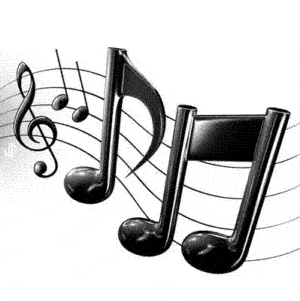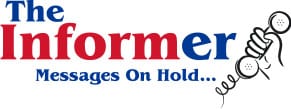 What is licensed music, and why do you have to use it? Good question. I’m not a lawyer (boilerplate disclaimer: consult your lawyer for the legal details of using music legally!) but I’ve been asked this question lots of times. My explanation is simply practical.
What is licensed music, and why do you have to use it? Good question. I’m not a lawyer (boilerplate disclaimer: consult your lawyer for the legal details of using music legally!) but I’ve been asked this question lots of times. My explanation is simply practical.
What is licensed music and why use it?
Music can be purchased in lots of ways. You can go to an old fashioned “vinyl” shop and buy your favorite songs and artists. You can go to iTunes to download a song or two. Or you can simply get it from a friend (actually, there are legal limitations on this, too). The music we all purchase is for our own “private” enjoyment. Music is actually “intellectual property” of the artist(s) who create it. And like other forms of property, it belongs to someone. When you buy a song (in any format), you’re actually buying it for your own enjoyment. The artists still own all the other rights. So what is licensed music? It’s something different.
What is licensed music used for?
We’re getting to that. If you want to play music in public specific laws apply. Playing music in a concert, in a restaurant, in a TV ad or YouTube Video, or even on your telephone as “music on hold,” are all considered performances. There are special steps you must take to play music like this.
What is licensed music used for?
How are you going to use the music you want to play? There are several organizations that specialize in protecting the rights of artists, and making it possible for you to license music. You may have heard of these licensing organizations: ASCAP, BMI, SEASAC, or Global Music Rights. There are probably others. Artists choose the licensing organization that works best for them. So if you’d like to “perform” an artist’s music in public, you license it for your specific use from the organization, and pay their fee.
Do you really have to use licensed music?
Simply put: it’s illegal to “perform” copyrighted music without the proper licenses. Take my word for it, or for a real legal opinion, ask your lawyer. If you get caught without a license, you can be sued.
Do you have any other choices for music on hold?
If you’re interested in music on hold, yes you do. The Informer provides “pre-licensed” music that can be used on its own, or even better, with “marketing messages” on hold. After all, your callers don’t want to be entertained. They’re calling to find out if you can help them and solve their problems. Or you can simply license your favorite music and play it. We’ve helped businesses nationwide with both solutions. We’ll help you make the right decision. For a free legal music on hold strategy session, call me today at 800-862-8896. We’ll help you figure it out.
